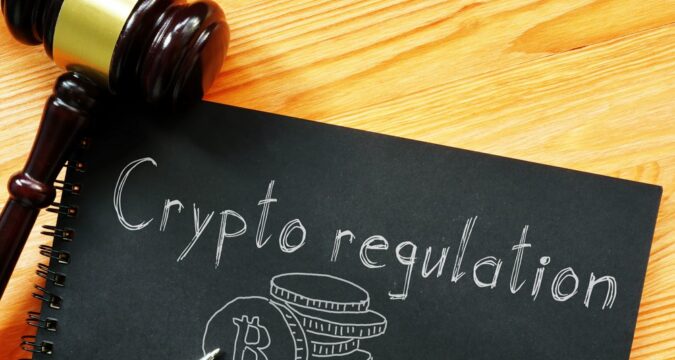
A team of Web3 developers from the Japanese Liberal Democratic Party have formulated a white paper proposal outlining effective strategies to broaden the crypto space. The proposal has provided valuable input to expedite the actualization of Prime Minister Fumio Kishida’s national system.
An overview of the white paper objective underscores the need to develop neutral regulation for a variety of digital assets, including non-fungible tokens (NFTs), decentralized finance platforms (DeFi) and decentralized autonomous organization organizations (DAOs). The well-structured report has outlined practical procedures that the regulators must follow to address existing financial concerns in Japan.
Scope of the White Paper
Recently the financial watchdogs in Japan invested their human and financial resources to formulate policies that blend with the crypto market requirement. Unlike other countries developing regulations that uphold consumer protection, Japan seeks to establish friendly policies to attract large audiences of crypto entrepreneurs.
Based on the Japanese regulators finding high taxes imposed by the government have necessitated the crypto firms to pursue other markets with welcoming regulations. The white paper report has captured vital information to improve the performance of Japan in the G7 group.
The report has mentioned crypto-related concerns that Japan should address during the 2023 G7 Summit. In view of the report, the authors have advised the Japanese government to redirect resources towards Web3 projects and technological developments to remain at a competitive edge.
Also, Web3 developers have encouraged the regulators to amend the taxation policies. The white paper came when Japan exempted token issuers from taxes in an attempt to boost the expansion of the crypto industry.
The regulators agreed to exclude digital asset providers who provide token brokerage services from taxes. Additionally, crypto taxes are only applicable in a transaction involving off-ramping activities.
Overview of White Paper Recommendations
Besides the proposed amendment of crypto taxes, the Web3 developers assessed the challenges battling the Japanese crypto space. They observed that Japan lacks a suitable accounting standard that broadens gaps in the auditing sector.
As per the report, the Web3 developers have urged the Japanese Institute of Certified Public Accountants (JICPA) to hold a public participation event to allow professionals from the private and public sectors to share valuable inputs necessary to formulate the accounting guidelines. Subsequently, the Web3 developers recommended the regulators to formulate decentralized autonomous organization (DAO) policies to satisfy the Godo Kaisha (GK) requirements.
The proposed DAO regulation will inspire Japanese regulators to amend the Company and Exchange Act. This will also be followed by the restructuring of the Japanese financial tools. Nonetheless, the white paper report mentioned the challenges facing the Japanese digital sector.
They lamented that the delays in evaluating viability and feasibility of new digital wallets provided by foreign investors had limited the crypto industry’s growth. However, they acknowledged the efforts made in improving the screening process for tokens available in the Japanese crypto market.
The report has urged the regulators to develop strategies to improve the transparency of data sharing between the regulators, traders and crypto firms. Beyond this, the report calls for the Japanese regulators to improve the stablecoin registration process.
They emphasized the need to develop self-regulatory firms to position Japan ahead of the curve. The report has encouraged the regulators to improve the suitability of the Japanese digital yen to cope with the emerging economies.




